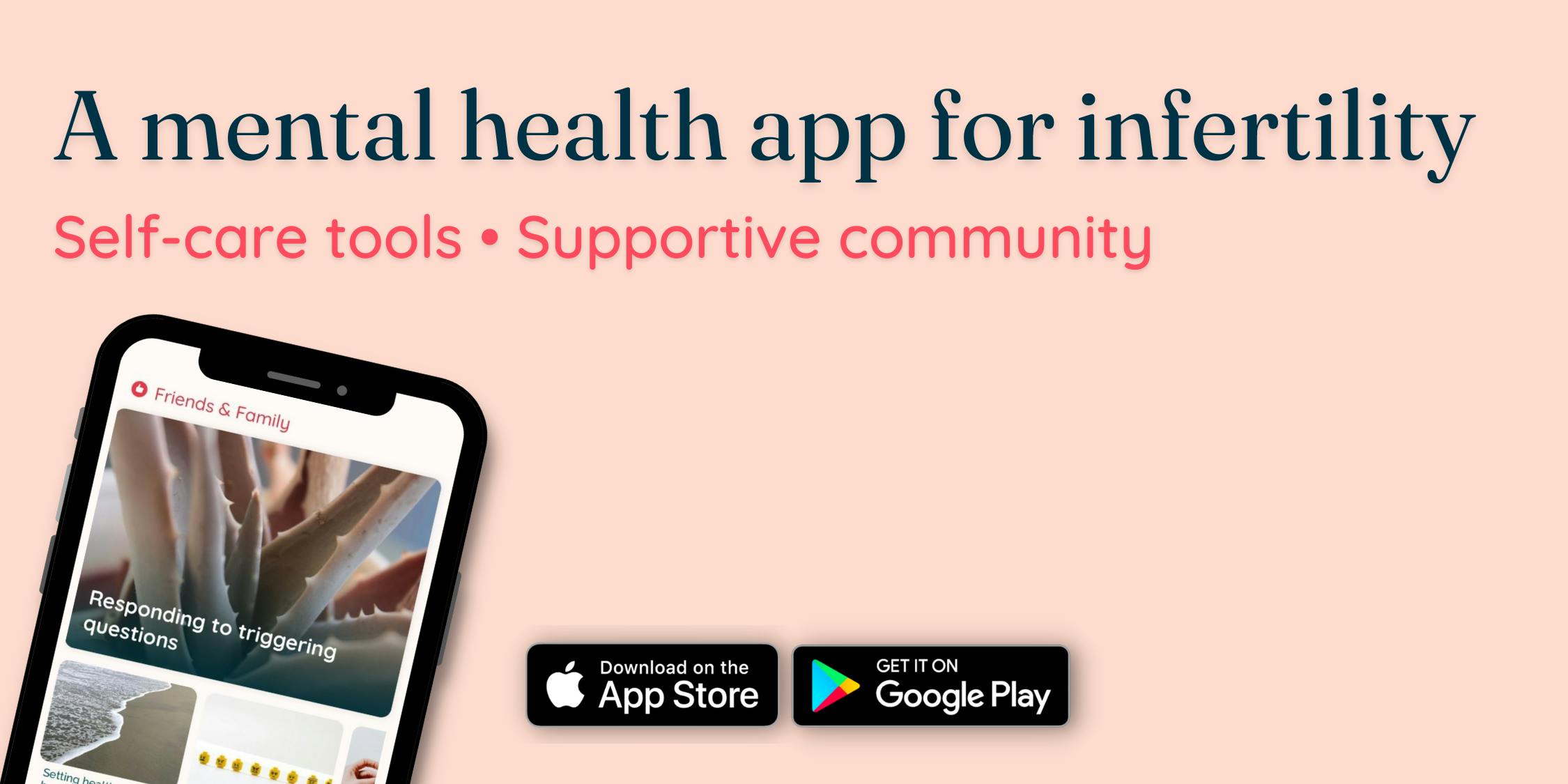When you’re doing endless research about infertility
The world of fertility treatments involves a lot of science, research and a variety of approaches. There’s tons of information out there that you might want to explore, and you can find yourself falling into a black hole of google searches, trying to find answers, ideas, explanations, and similar experiences.
So much of what we do in our lives is automatic. Whether it's basic functions like breathing, or quick responses like having an outburst at a friend, we are often at the mercy of our brains and systems doing their thing. And when we're experiencing something intense like infertility, our automatic responses are heightened and often make us turn to behaviors that feel soothing or give us a sense of control - but it is often a false sense of control, and the behavior is actually fueling anxiety.
Some people feel that infertility is like running a marathon where the finish line keeps moving. The sense of control in your life is shaken to its core, and the impulse to research and not stop until you have all the answers can be a natural automatic response.
It’s important to start by understanding when your research is helping you, and when it is not serving you and your mental health.
Research can be helpful when it:
- Helps you understand your treatment plan.
- Connects you with others going through similar experiences.
- Helps you come up with questions for an upcoming doctor’s appointment.
- Leaves you feeling seen, confident, grounded or prepared.
Research can be harmful when it:
- Makes time pass and you don’t know where the day went.
- Increases your anxiety.
- Makes you feel overwhelmed with questions and uncertainty.
"I have learned a lot of useful information online. But I've also found myself (on more than one occasion) searching the same forum over and over again about post-transfer symptoms - although I know that I've already read all the posts multiple times and that no one there can tell me whether or not I'm pregnant. I’ve spent hours like this, and it hasn’t made me feel better."
- Sarah
If you're finding that a googling session is doing more harm than good, here’s what you can do:
- Limit your research time
If you’re finding yourself getting stuck in all the research and that it’s doing you more harm than good, build a habit of limiting your research time. Perhaps you’ll set aside 30 minutes per day, or one hour per week, when you give yourself permission to scour the internet for all things fertility. At all other times, you can write down things that come to mind that you’d like to look into, but hold yourself back from diving in until it’s during your designated research time.
- STOP
You can also try a technique called STOP that helps you identify if your impulse to research is driven by fear or a desire for control, and to then step away and instead do something nurturing for yourself.
Try these exercises in Tilly's app...
- How do I stop googling?
A practical guide to approach research mindfully, and how to know when it’s not helping you. - Do all the decisions feel overwhelming?
You can’t predict the future, so let’s focus on one decision at a time. - Journaling: calming stress & anxiety
A guided reflection tool to support you through heightened feelings and stressful situations. - Move your body, calm your mind.
It can help to get out of your head and move your body when things are feeling difficult.
About the author
Maya Maria Brown, M.A., is an infertility mental health expert. She has a master’s in Counseling Psychology, and has worked with individuals and couples on infertility and relationships. She also has personal experience with infertility and is currently in treatment.
2022-05-09
A mental health app for your fertility journey
Evidence-based self-care tools and facts. Supportive community. Treatment tracking.
Previous articles
Breaking the silence: Infertility and stress during stress awareness month
2025-04-14
Exciting news: Tilly is now part of Rhea
2025-03-31
How infertility impacts men's mental health and ways to cope
2024-11-22
Baby Loss Awareness Week: coming together to support those affected
2024-10-14
PCOS and mental health: a crucial connection
2024-09-25
How to support a friend struggling with involuntary childlessness: A guide for loved ones
2024-09-17
